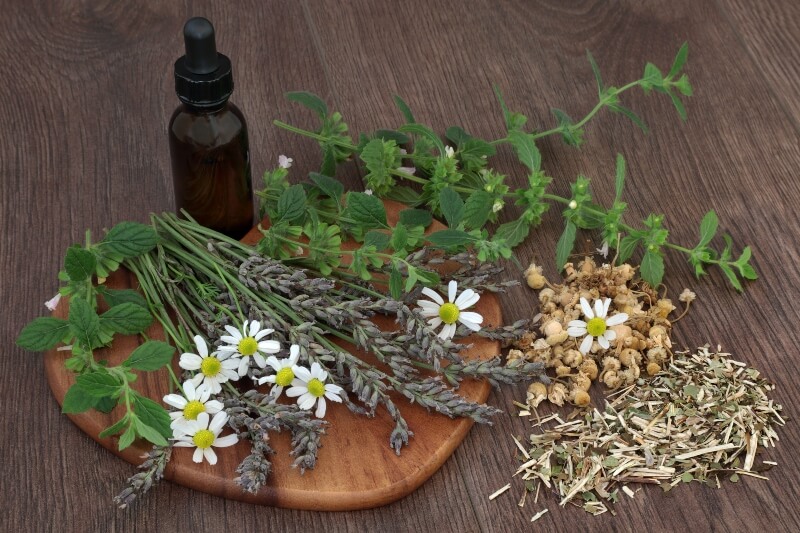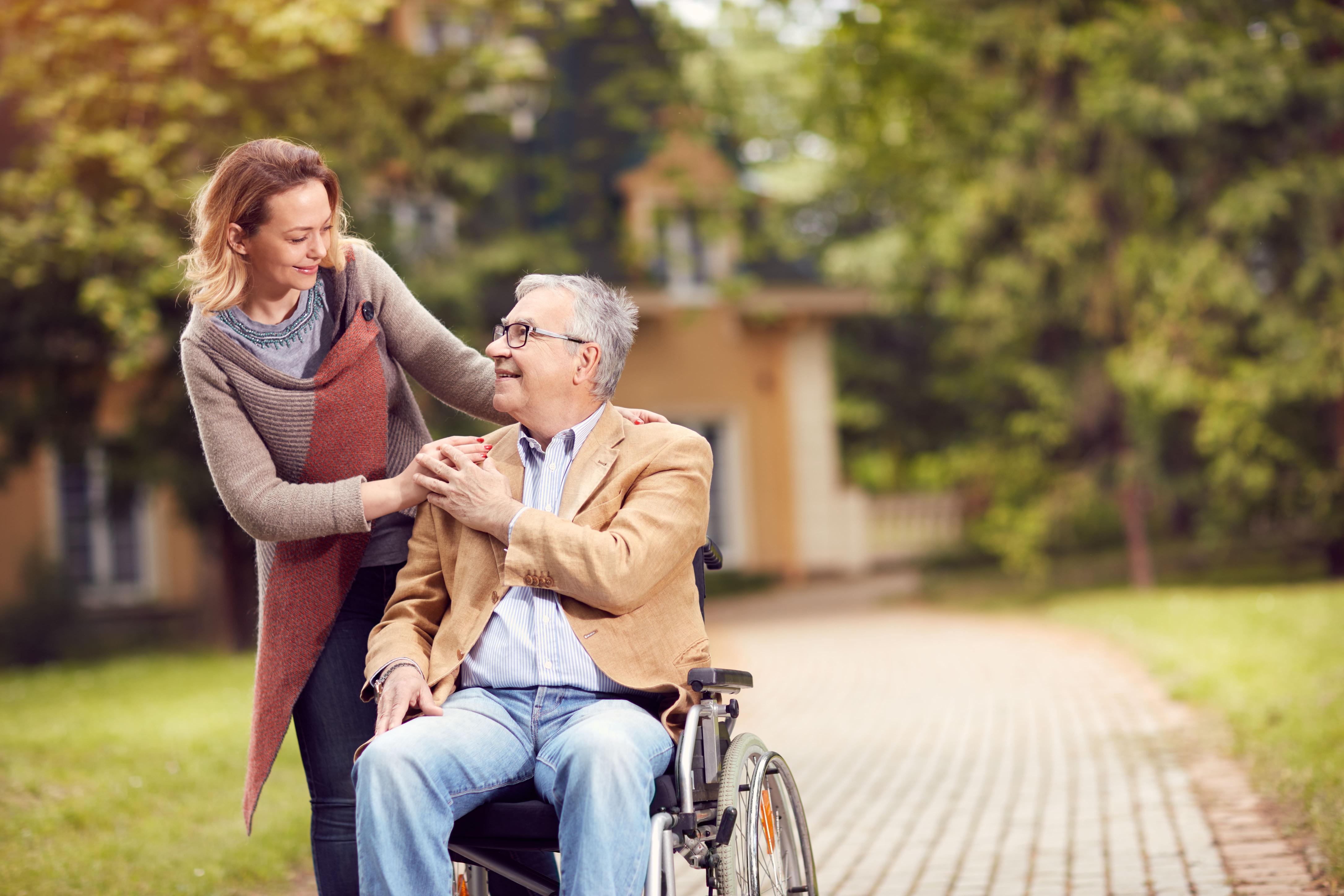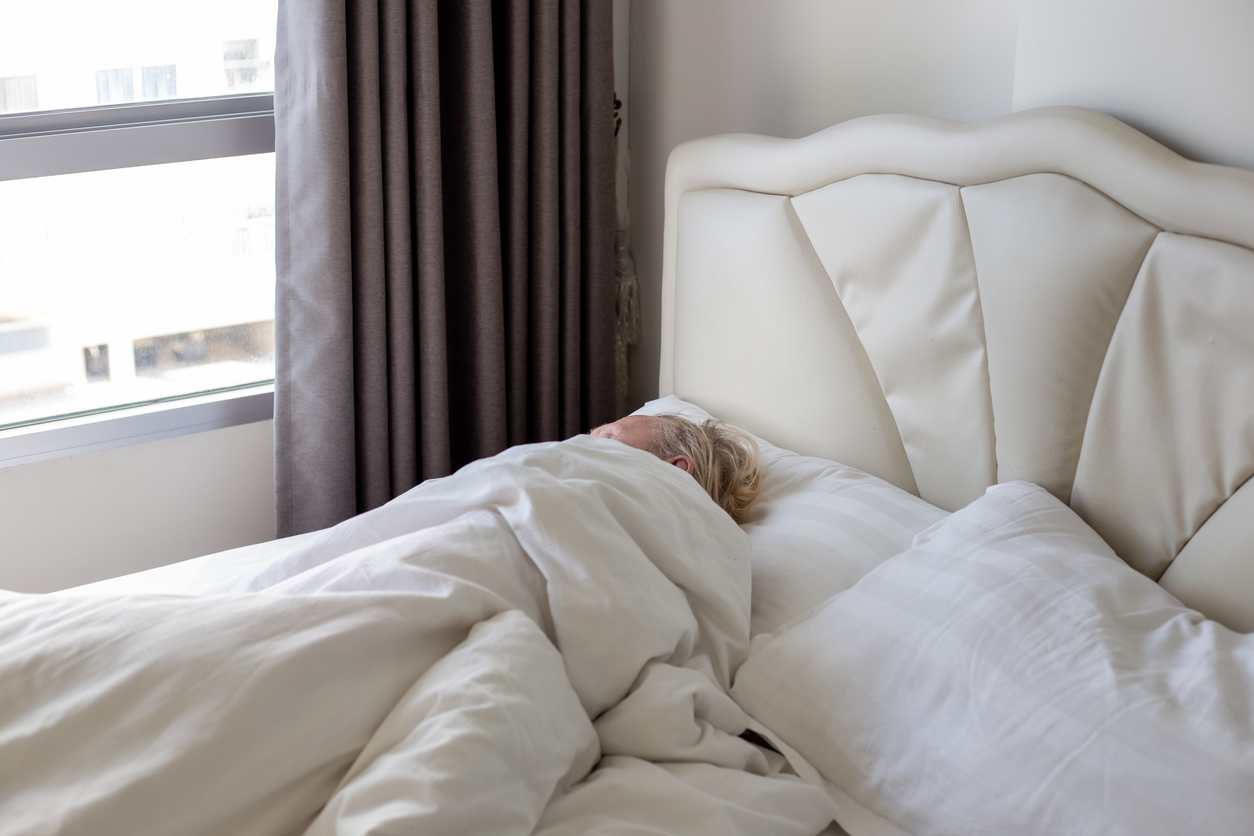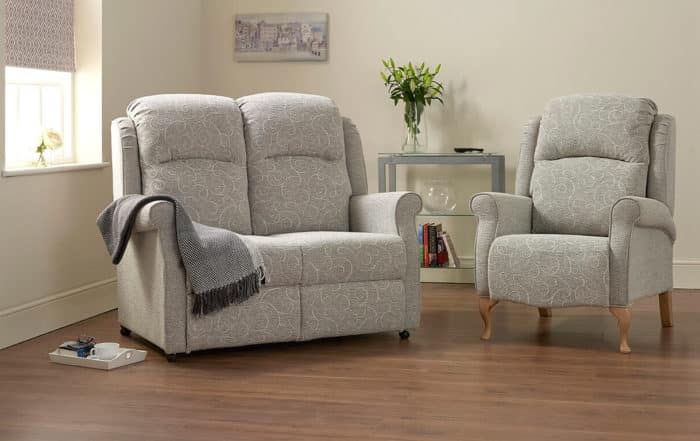The Best Natural Sleep Remedies To Achieve A Great Night’s Sleep
Social Links
There’s nothing like a good night’s sleep. We know that it is important for maintaining good health and brain function… and it makes us feel pretty awesome, too. A rough sleep is just the opposite – detrimental to health, cognitive functions and temper – and that’s also bad news for everyone around us. Those of us who struggle with tiredness know there’s much more to successful slumber than getting to sleep quickly. We’re talking about staying asleep, sleeping deeply and being able to wake up easily in the morning, as well.
Fortunately, there are many aids to the sleeping process, some of which have been known for thousands of years, while others are the result of modern science and invention. Some of these more recent approaches may be very effective, but they are not designed to be used long-term. For many of us, a better solution is to use natural sleep remedies we can incorporate into our daily routine and lifestyle.
Why do I keep waking up at night?
There could be many reasons why you can’t get an uninterrupted night’s sleep. Some factors we can’t control – loud noises from the next room, for example, or your partner accidentally poking you in the eye. The natural side effects of ageing, such as needing to use the bathroom more often, might also play a part.
The trick is to try and control the factors i.e., you can avoid caffeine or alcohol before bed. Caffeine interferes with our natural circadian melatonin rhythms, so delays the onset of sleep if consumed close to bedtime. And alcohol is a diuretic and can mess with our natural sleep cycles.
Sometimes it can be an internal factor that keeps you from drifting off. Worry, and the mental rumination that occurs, as a result, initiates the production of cortisol in the body, which is the hormone that tells us to be awake and alert. Several mental health conditions – including depression, anxiety and post-traumatic stress disorder – can exacerbate this worrying and mental whirring, which makes the problem even worse. Blue light from screens, vigorous exercise and even scary movies can also trigger the production of cortisol, so are best avoided near bedtime.
What is sleep anxiety?
Sleep disorders, including insomnia, sleep apnoea, narcolepsy, restless leg syndrome and even sleep paralysis can cause a person to become anxious about sleep. Usually, this takes the form of fear and worry during the day and particularly in the hours leading up to bedtime, mostly around the idea of not being able to fall or stay asleep. A common symptom is procrastination before bedtime, meaning we stay up later than we should and end up being tired the next day. This worry increases the body’s cortisol levels, which makes getting to sleep even more difficult. If this cycle starts to become a regular pattern, it is classified as sleep anxiety.
While sleep anxiety can happen to anyone of any age, it’s much more common in people with existing mental health conditions. And because of the inevitable negative effect they have on sleep generally, one problem can often exacerbate the other, leaving the sufferer feeling as if they’re in a never-ending cycle of tiredness and stress.
In some cases, people can develop a genuine fear of sleep, known as somniphobia. These people will often force themselves to stay awake because they believe something bad will happen to them while they’re asleep. Others may have nocturnal panic attacks, waking in the night with a sudden burst of extreme fear.
The best natural remedies for sleep
If you do suffer from a sleep or mental health disorder of any kind, it’s important to seek help from a professional. In the meantime, if you’re just trying to avoid a bad night’s sleep, there are plenty of natural sleep remedies that might help. Most of these work by helping your body produce the hormones and feelings that trigger sleep, or by inhibiting the ones that don’t. They also help induce calm and relaxation, making them good for general anxiety and irritability as well.
Essential oils
Oils from plants have had many uses over the centuries, such as perfume, food and for their medicinal properties. Common essential oils known to enhance sleep include lavender, peppermint, chamomile, valerian, bergamot, ylang ylang and sandalwood. Try out different combinations and mix up how you use them – in baths, in a pillow spray or diffuser or by massaging onto the body. Be sure to check your doses, though, as some essential oils may have an invigorating effect if you use too much.
Herbs
Many of the plants that produce sleep-inducing oils also work as an infusion in tea. Lavender, peppermint and chamomile are readily available. Look out for valerian root, lemon balm and oat flower. Some you can grow yourself, while others can be taken as a herbal supplement – just be sure to talk to your pharmacist and read the label before you take them.
Melatonin
Melatonin is considered a natural remedy for sleep as it’s produced naturally in the body; it’s the hormone that tells the body it’s time to feel tired. Melatonin is triggered by the fading of natural light at the end of the day – you can help it along by using yellow lights in the evening and getting out into the bright, natural sunshine early in the day. Some foods are naturally high in melatonin, including tart cherries, milk, goji berries, eggs, fish and nuts. Melatonin is also available as a supplement, but make sure you check with a health professional before you take it.
Magnesium
Magnesium is a natural muscle relaxant and can help alleviate symptoms such as twitchiness and muscle cramps that may keep you awake at night. You can take magnesium as a supplement, but it’s also found in dark chocolate, avocados, seeds and nuts, legumes, tofu, dark green leafy veg, whole grains and bananas. Magnesium has also been shown to help quiet the mind, further enhancing its efficacy as a natural sleep aid.
Meditation
Any activity that quiets the mind and makes us feel good will counter the production of cortisol and help us relax. Meditation is great, as is gentle yoga which helps relieve tension in the muscles. Other activities that have similar effects include taking a bath, cuddling a pet, going outside to watch the sunset or look at the stars, calling a loved one or reading your favourite book.
A comfy mattress
One of the most common external factors to cause a bad night’s sleep is our mattress. An uncomfortable, cold, or unsupportive bed is hard to fall asleep in, disturbs our sleep when we finally get to it and leaves us feeling tired and achy in the morning. If you prefer to keep things natural, choose latex gel or a pocket sprung mattress made with natural fibres including wool, cotton or linen. If synthetic materials suit you better, memory foam offers great support with low-motion transfer and extra warmth. Either way, a good mattress should help you fall asleep, stay asleep during the night and feel good during the day.
The bottom line
Counting sheep may work for some, but if it doesn’t there are lots of natural sleep aids to help you achieve a good night’s sleep. What works for one person may be different to another, and something that works now might become less effective over time, so try a few out to see what works for you. Whatever you choose, make sure it’s easy to integrate into your evening routine.
There are plenty of good meditations and evening yoga routines to be found online, and of course, if you need a new mattress, be sure to get in touch with the team at the Mobility Furniture Company, who will help you find the perfect mattress for your forty winks… sheep counting optional!
*This website contains general medical information. The medical information is not advice and should not be treated as such. Read our full Medical Disclaimer here.



